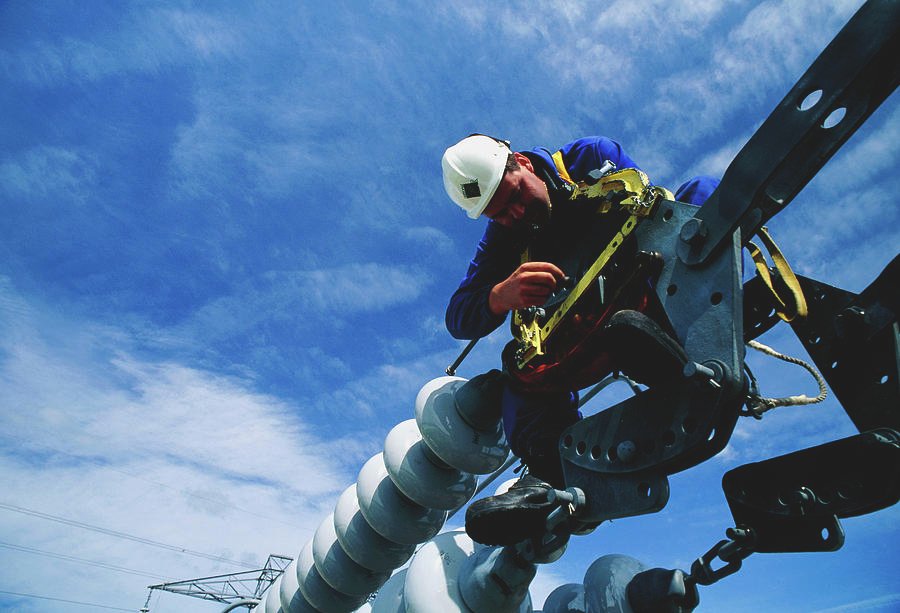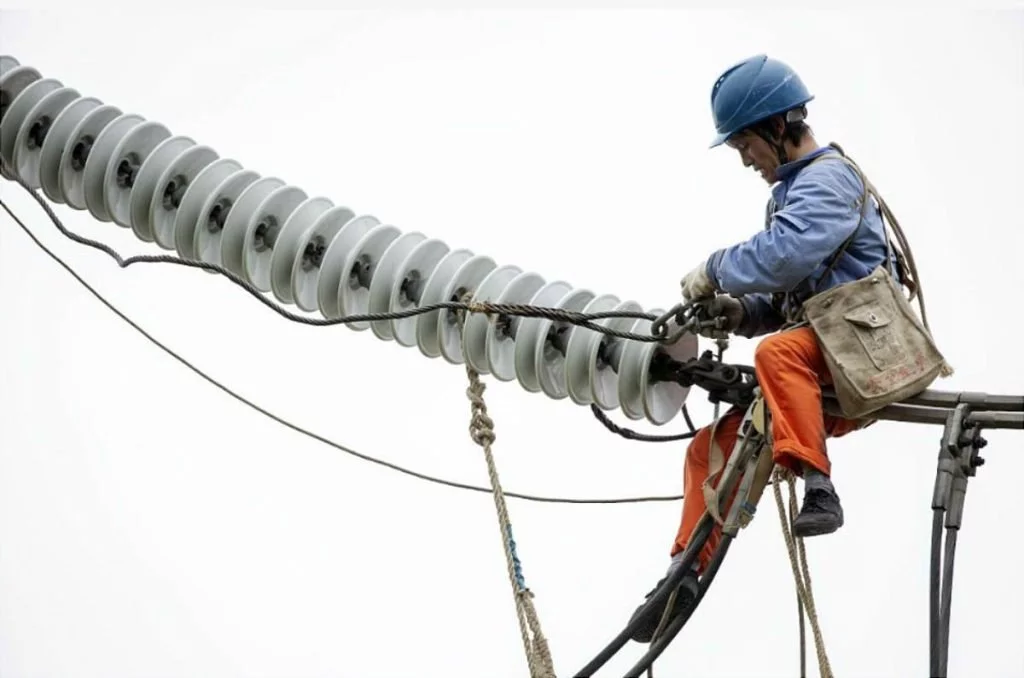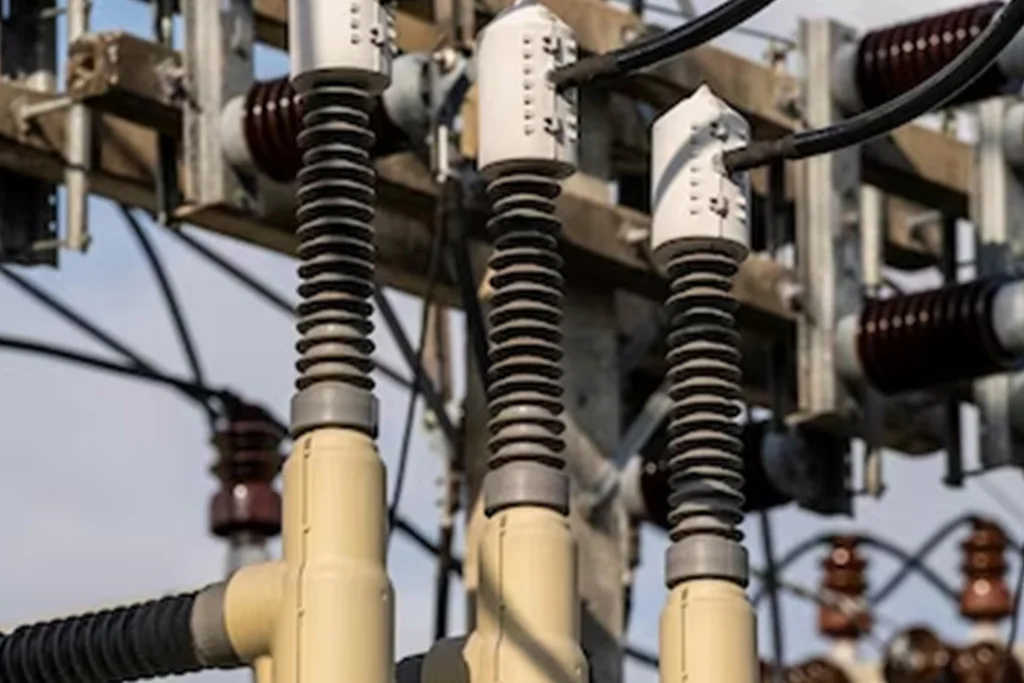Have you ever scratched on the insulation on a wire coated in a rubber or plastic and felt nothing? Or marveled at how your air conditioner is able to maintain a cool apartment even during the stifling Saudi summer? It’s not magic — it’s the strength of an insulator. An insulator is a material that prevents the flow of electricity or heat. It is an important component in maintaining our homes, appliances, HVAC systems, and even our physical health, safe and efficient. Whether it’s electrical insulation tape wrapping around wires, insulation material that fills wall spaces and ducts — insulators protect us from losing energy and from being shocked by electricity. In this post, we will explain what is insulation, cover the meaning for insulator definition, talk about the differences between conductors and insulators, discuss different types of insulating materials and why good insulation is so critical for Saudi Arabia homes and buildings.

What Is Insulator?
(An insulator is a substance that does not conduct electricity or heat very well.) It is a protective insulation, which reduces the likelihood of electric shock, minimizes energy dissipation, and It offers extra protection to electrical and HVAC systems. On the basis of basic insulator definition, rubber, plastic, fiberglass, and ceramic, etc., are usually the materials used as an insulator. These substances are present in products including electrical insulation, house wiring and insulation material in HVAC (heating, ventilation, and air conditioning) ducts within the Kingdom of Saudi Arabia. Simply defined, it is something that prevents the flow of electricity or heat, and is an essential part of ensuring both comfort and safety.
At Airlution, we deal with these high efficiency insulation solutions every day – we help businesses and homes stay safe and energy efficient.
How Insulators Help in Electrical Safety
One good reason to be able to define what is insulator is its involvement in electrical safety. Materials like rubber, plastic, and fiberglass act as insulators, stopping electricity from escaping wires and devices. They are used to protect wires, seal connections, and serve as barriers to shield electrical components from environmental and heat-related damage. For instance, electrical insulation tape prevents shocks and short circuits while making repairs, or when installing air conditioning (heating and ventilation). In a country like Saudi Arabia with its high heat and power demands, the proper insulation material is crucial to ensure systems are safe and energy-efficient.
Insulator Definition

A technical insulator is a material that blocks the flow of electricity or heat. While conductors provide no obstacle to the flow of energy, insulators serve as an obstruction to the passing of energy. They are used in electrical systems as well as HVAC insulation all over the houses and industries in Saudi Arabia.
There are also some standard insulators which are being used throughout:
Rubber: is often used to insulate electrical wires, preventing shocks. It is flexible and highly resistant to electrical current.
Plastic: Light and a commonly used material for wiring insulation and electrical devices.
Glass: Used in power lines and electronics, glass is a highly effective insulator, particularly for high-voltage applications.
Fiberglass: is used to insulate HVAC ducts and offer heat protection in residential buildings. It blocks heat and sound.
Ceramic: Ceramic is durable and resists heat which is why it frequently finds application in heavy duty electrical as well as in the industrial uses.
These insulation materials all work to protect the safety of the electricity and retain energy while enhancing the system’s performance. From electrical insulation tape to wrapped wires, from fiberglass in ductwork to glass wool, insulators are a requirement for safe and efficient installation — especially in the severe climate conditions to be found there.
Understanding Conductors and Insulators
In order to comprehend fully what an insulator is, you should also know about conductors. Conductors, such as copper and aluminum, are materials that allow electricity to pass through them with minimal resistance. These are the things inside wires and circuits. Insulators_ Insulators like rubber, plastic, and glass do not allow electricity or heat to pass. These products are applied to wire coatings, HVAC duct insulation, and electrical safety. Put simply, conductors and insulators complement one another — the former pass on electricity, while the latter block its path where it isn’t needed. This equilibrium is critical for systems to be safe and efficient particularly in the hot and challenging operational environment of Saudi Arabia.
Types of Insulation Material
Now that we’ve talked about what is insulator, we will talk about the different insulation materials used in this country. The materials are also found in homes, office buildings and industrial projects as a way to manage heat and help ensure electrical safety while maximizing energy efficiency — particularly in the region’s hot climate.
Fiberglass Insulation
Fiberglass insulation is among the most widely popular insulation materials around the world. It is made up of tiny glass fibers and is commonly placed in walls, ceilings, and HVAC ducts. In Saudi Arabia, it is particularly effective at helping to keep cool air in, and the scorching outside heat out. It can also serve as a sound insulator, reducing noise between rooms or levels. As fiberglass does not conduct heat or electricity easily, it is a perfect model when you study what is insulator practically.
Foam Board Insulation
There are rigid panels in dimensions that are suitable for use in both residential and commercial applications, often made from polystyrene or polyisocyanurate. They are widely used in duct systems, wall cavities, and roof insulation. These boards have high thermal resistance, which can enhance indoor comfort and ease up energy bills. Foam board is a very high strength insulation material which prevents heat from entering or escaping and is especially needed in Saudi Arabia for its extreme weather.
Rubber Insulation
Flexible rubber insulation is designed to fit around HVAC tubing, refrigeration and chilled water lines. It prevents condensation, limits energy loss and provides electrical safety by separating moisture from electrical wiring and mechanical components. Whether installed on any HVAC in Saudi Arabia, rubber serves as an effective insulator, which can work even at the extremes in temperature.
Mineral Wool Insulation
Mineral wool, also known as rock wool or stone wool, is a type of fire resistant insulation material. It’s popular in walls, mechanical rooms and ceilings,…especially commercial or industrial settings. Because it is fire retardant, mineral wool adds another dimension of electrical and fire safety by providing resistance to high temperature. It also has excellent moisture tolerance, which makes it suitable for some construction applications in Saudi Arabia.
What Is Electrical Insulation Tape?
Another very Easy to remember example Explaining what is insulator is electrical insulation tape. This special kind of tape (made from rubber or plastic) is designed to be wrapped around electrical wires to insulate them against unintended electrical current.
It serves as flexible insulation protection from shock, short circuit and fire. Electrical insulation tap is heat resistant and flame retardant available for its use in the maintenance, repair, and installation of HVAC systems in Saudi Arabia 1. High Quality At Airlution, we use all high-quality insulation tapes for safe and professional installations you can count on.
Conclusion
In short, an insulator is a safety guard — it controls electricity and heat. It keeps people, buildings, and systems safe from hazardous and harmful dangers.
Whether you’re wiring a building, installing HVAC equipment or wrapping a pipe, choosing the right insulation material is crucial — especially in the extreme Saudi Arabian climate. At Airlution we supply top performance duct insulation, pipe insulation, and personalized insulation designed to meet your needs. If you want to make your home a safer, cooler and more energy-efficient place to live — let’s talk about insulation today.
FAQs
What is an insulator?
An insulator is a substance that resists the transfer of electricity or heat.
What’s the difference between conductors and insulators?
Conductors allow energy to flow, insulators block it.
What is electrical insulation tape used for?
It’s used to cover wires and prevent electrical hazards.
Which insulation material is best for HVAC systems?
Fiberglass and rubber are frequently used for insulation in duct systems.
Why are insulators important in Saudi Arabia?
They reduce energy loss and improve safety in extreme temperatures.

